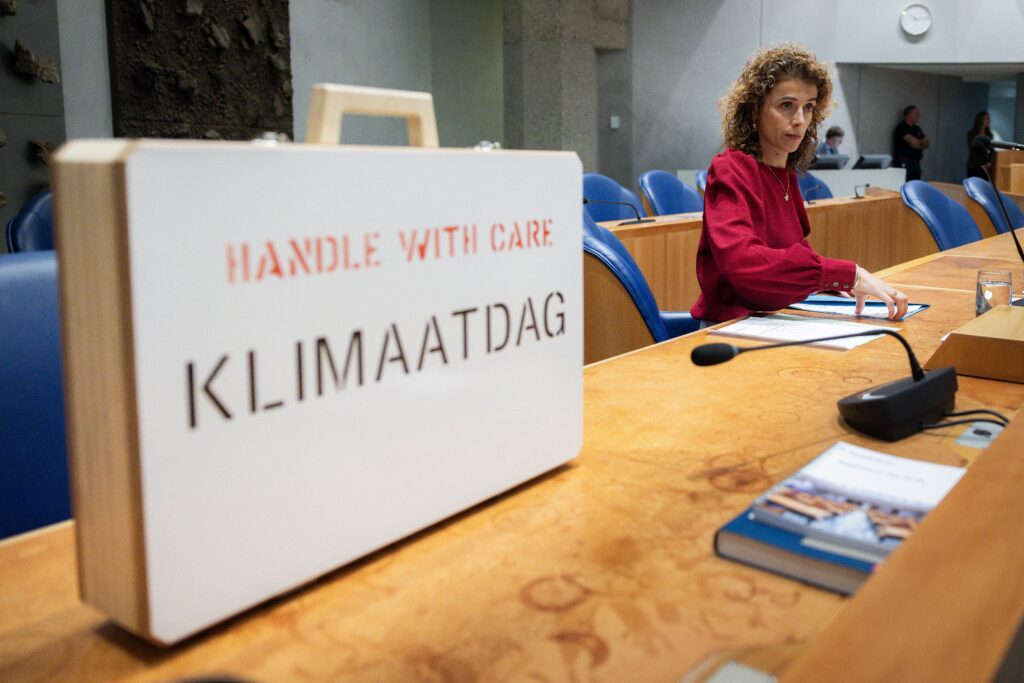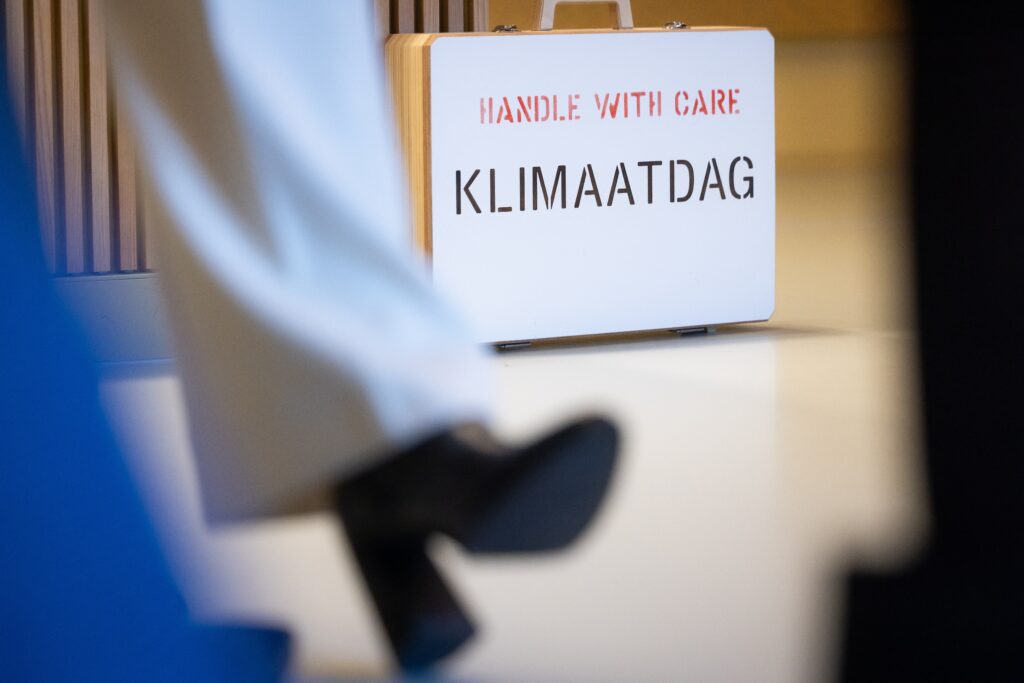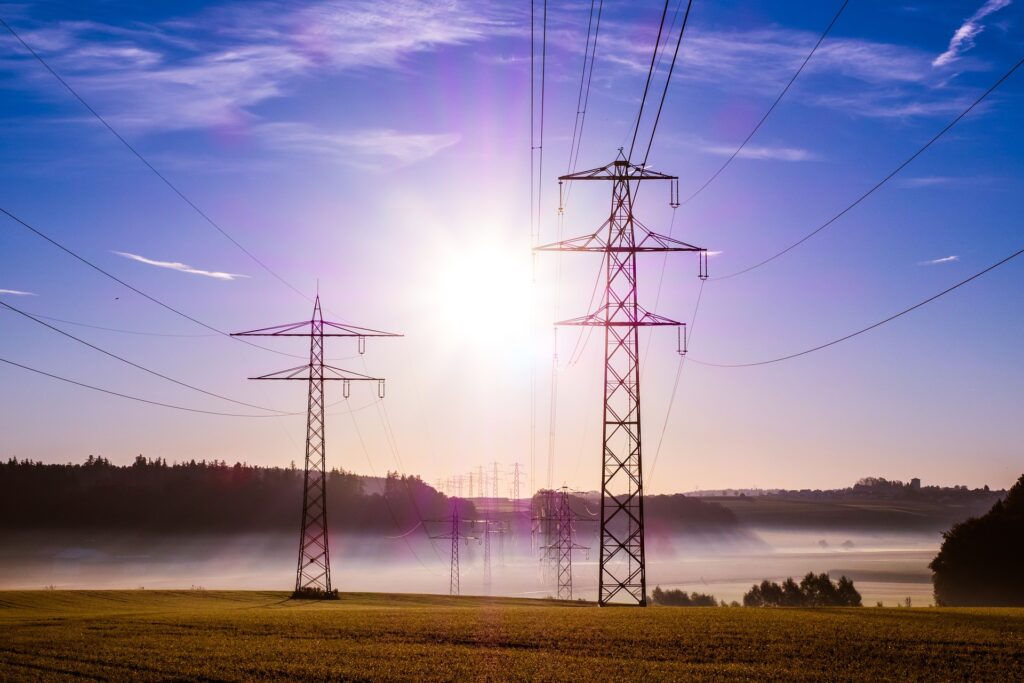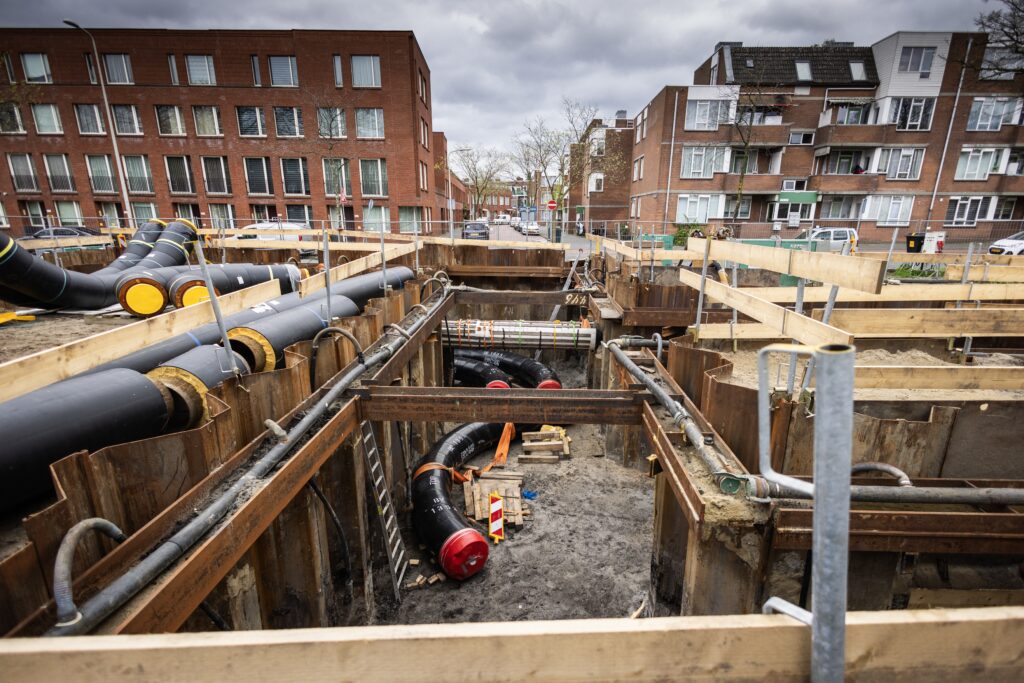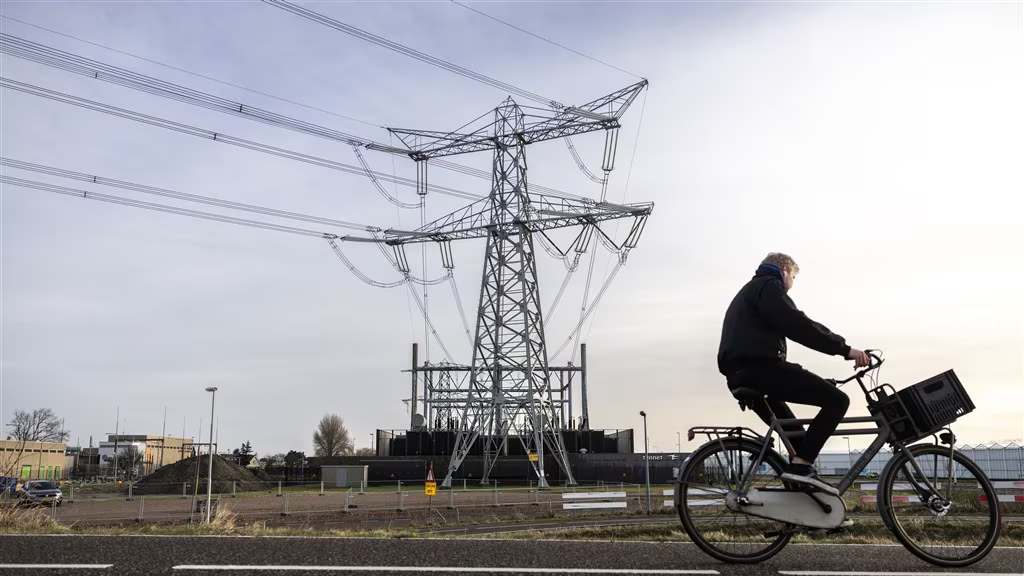One of the major challenges of our time is replacing fossil fuels with renewable sources. A robust energy system is needed where the Netherlands generates its own energy as much as possible. Provinces play an important role in this. Not only do they interact with municipalities, but they also draw up new policies and must enforce climate agreements made. In a letter to provincial political parties and coalition negotiators, Energie-Nederland, Holland Solar and the Netherlands Sustainable Energy Association (NVDE) write about the importance of including specific ambitions needed to achieve climate goals in new provincial coalition agreements.
A number of specific ambitions that can be adopted 1:1 are:
- The province supports the necessity for renewable onshore energy. Plans are to be made for specific search areas, specific locations for solar energy and wind power and heat transition visions, translated into concrete implementation plans for each district.
- Processing of permit applications for sustainable projects is given priority within the province.
- Significantly more electricity will be used in future. The province is to draft an energy plan for the end of 2024 that identifies where energy infrastructure is to be upgraded. This includes plans for additional charging facilities (such as along provincial roads) for a province-wide network for both passenger vehicles and business logistics.
- If the province is the concessionaire of regional public transport, it will be completely emission-free no later than 2030.
- The province, together with the water boards, is to take an advisory role in the licensing geothermal projects. Issuing advice on permit applications for geothermal heat is given priority within the regional heat and energy plans.


